orchard full of bermuda grass
greendumb
14 years ago
Featured Answer
Sort by:Oldest
Comments (18)
gator_rider2
14 years agofranktank232
14 years agoRelated Professionals
Birmingham Landscape Architects & Landscape Designers · Owings Mills Landscape Architects & Landscape Designers · Salem Landscape Architects & Landscape Designers · Willowick Landscape Architects & Landscape Designers · Woodinville Landscape Architects & Landscape Designers · Mooresville Landscape Contractors · Tempe Landscape Contractors · Wakefield Landscape Contractors · Arden-Arcade Landscape Contractors · Fort Atkinson Landscape Contractors · Huntley Landscape Contractors · La Vista Landscape Contractors · Palm Beach Gardens Landscape Contractors · Southbury Landscape Contractors · Yuba City Landscape Contractorscalifornian
14 years agofruitnut Z7 4500ft SW TX
14 years agopeterm_abq
14 years agologrock
14 years agogreendumb
14 years agodavidguss
11 years agoalan haigh
11 years agoKonrad___far_north
11 years agocousinfloyd
11 years agoeskota
11 years agoherbal
11 years agoinsteng
11 years agofruitnut Z7 4500ft SW TX
11 years agogator_rider2
11 years agosautesmom Sacramento
11 years ago
Related Stories
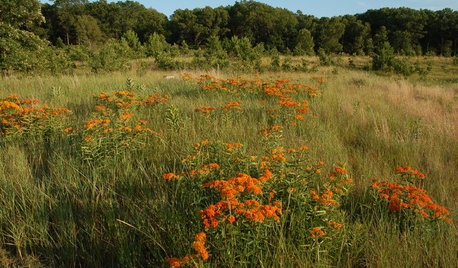
CENTRAL PLAINS NATIVE PLANTS10 Top Grasses for the Central Plains
Low-maintenance grasses provide seasonal interest and wildlife habitat, and aid good design
Full Story
GARDENING GUIDES5 Great Grasses for a New Lawn
Learn about maintenance, wear tolerance, ideal climate and more for these top turf choices to pick the right one for you
Full Story
LANDSCAPE DESIGNIs It Time to Consider Fake Grass?
With more realistic-looking options than ever, synthetic turf can be a boon. Find the benefits and an installation how-to here
Full Story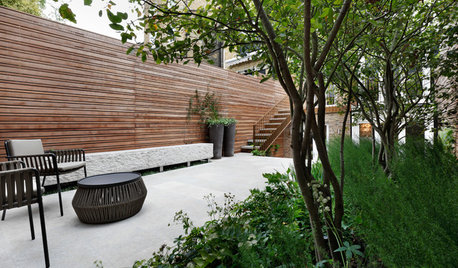
URBAN GARDENSIn London, a Crowded Patch of Grass Becomes a Patio for Entertaining
A chic combo of wood siding, clever plantings and lots of elegant sandstone transforms a plain garden into a stylish space
Full Story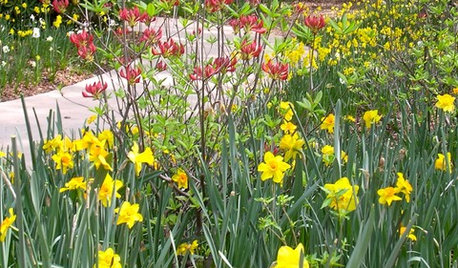
SPRING GARDENINGSpring Fling: Visit a Garden in Full Glory
The Atlanta Botanical Garden is blooming three weeks ahead of schedule. Come take a peek with us
Full Story
HOUZZ TOURSHouzz Tour: Modern and Traditional Tango in a Spanish-Style Ranch
From leaky and drab to revamped and fab, this Southern California home with its own orchard is more than ready for guests
Full Story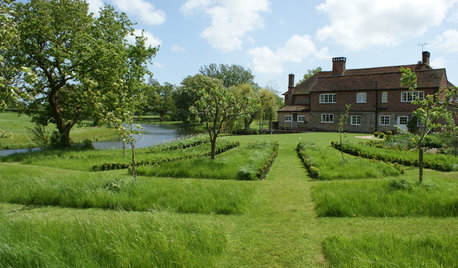
GRASSESHow to Rock a Lawn
Weekend Project: The key to healthy grass begins with the soil. If turf works for you, here’s how to fix it and keep it looking its best
Full Story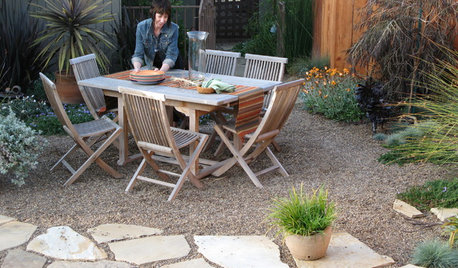
LANDSCAPE DESIGN15 Great Ideas for a Lawn-Free Yard
End the turf war for good with hardscaping, native grasses and ground covers that save water and are easier to maintain
Full Story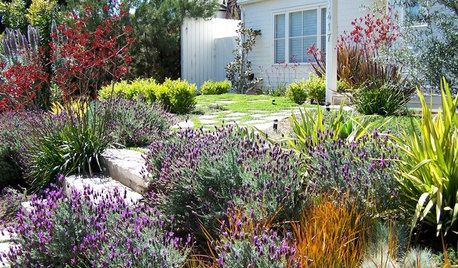
SAVING WATERGreat Plants for Lush, Low-Water Gardens
Water restrictions making your garden look washed out? Give it living color with unthirsty grasses, flowers and succulents
Full Story
EARTH DAYThe Case for Losing the Traditional Lawn
Work less, help the environment and foster connections by just saying no to typical turf
Full Story





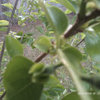
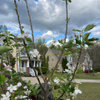
HU-489532